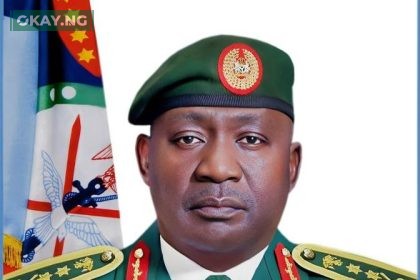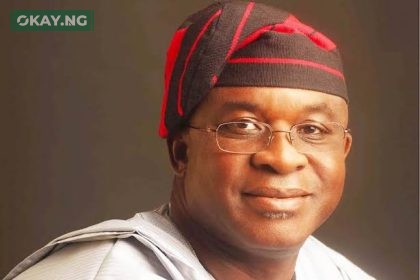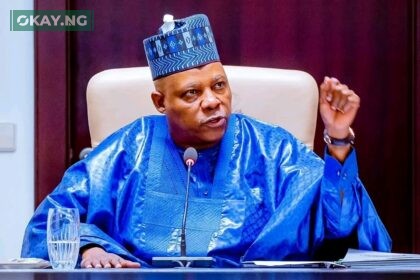Nigerians could soon be paying nearly N900 per litre for petrol, a sharp increase driven by escalating global oil prices and recent U.S. sanctions against Iran. This surge, as indicated by data showing depot prices rising to N875 per litre, threatens to reverse the recent trend of price reductions facilitated by the Dangote Refinery.
The unfolding situation is a direct consequence of international market dynamics. “We were looking for some kind of catalyst to move and that was the ticket that pushed us back towards the high,” explained Phil Flynn, senior analyst with the Price Futures Group, referring to the impact of the U.S. sanctions on Iran, which produces over three million barrels of crude oil daily.
These sanctions, targeting entities involved in purchasing and processing Iranian crude, have contributed to a significant uptick in Brent crude futures, which climbed to $71.75 a barrel. This global ripple effect directly impacts Nigeria, a nation heavily reliant on imported refined petroleum products and the fluctuations of international crude oil prices.
“For Nigeria, a country heavily reliant on movement in Pratts and international crude oil prices, the impact is expected to be severe,” a market analyst noted. The data substantiates this, with loading depot prices reflecting the immediate pressure. Matrix Warri, Zamson Depot, Rainoil depot, Pinnacle Warri, and Sobaz all adjusted their prices to N875 per litre, up from previous rates.
Read Also: Fuel Price War Erupts: Importers Undercut Dangote Refinery, Threatening Market Stability
Adding to the complexity, the Dangote Refinery, which had recently offered price relief to consumers, has temporarily suspended sales of petroleum products in naira. “This decision is necessary to avoid a mismatch between our sales proceeds and our crude oil purchase obligations, which are currently denominated in US dollars,” the refinery stated, addressing concerns about potential disruptions. “To date, our sales of petroleum products in naira have exceeded the value of naira-denominated crude we have received.”
For many Nigerians, already grappling with economic challenges, a substantial increase in petrol prices will exacerbate daily struggles. Transportation costs, food prices, and overall living expenses are all likely to rise. As I observe this unfolding scenario, I can’t help but consider the daily strain this will place on families and small businesses.
Beyond the immediate price hike, the broader geopolitical landscape contributes to the uncertainty. “Amid the prevailing uncertainty, the risk of sanctions is once again coming into focus, as the Trump administration adopts a tougher stance on Venezuela, Iran, and Russia,” J.P. Morgan analysts pointed out. Furthermore, conflicts such as the renewed hostilities between Israel and Hamas, and ongoing tensions in the Red Sea, add to the volatility.
While some analysts, like Kelvin Wong of OANDA, anticipate a “choppy upward drift” in oil prices, J.P. Morgan forecasts Brent prices to eventually settle in the mid-$60s by year-end, averaging around $73. However, in the immediate term, Nigerians are bracing for a potentially steep rise in petrol prices, a development that will undoubtedly have far-reaching economic and social implications.












